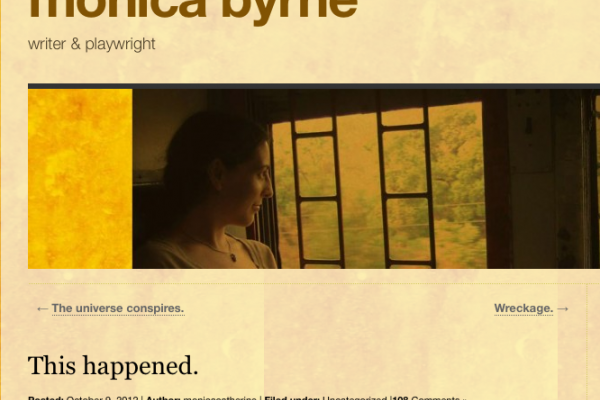Last week I found out about the unfolding cases of sexual harassment by a respected science blogger and the head of Scientific American’s blog, Bora Zivkovic. It shocked me because I’ve met the man, though I don’t know him well. And so I read the accounts of the three women science bloggers who exposed him. Thefirst one shocked me and made me angry. And the second one shocked me further, because she wrote of the harassment continuing at a conference I attended. It happened right under my nose.
Women are an important part of the science community, but there’s a group of powerful men who are gatekeepers, and some of them use this power as a tool to be overtly sexual with female bloggers looking to advance their writing careers in the science community. The allegations regarding Bora Zivkovic seem to be hard for many in the science community to swallow because he has been a vocal supporter of women’s importance in the field and has actively nurtured the careers of many bloggers.
Read the Full Article

